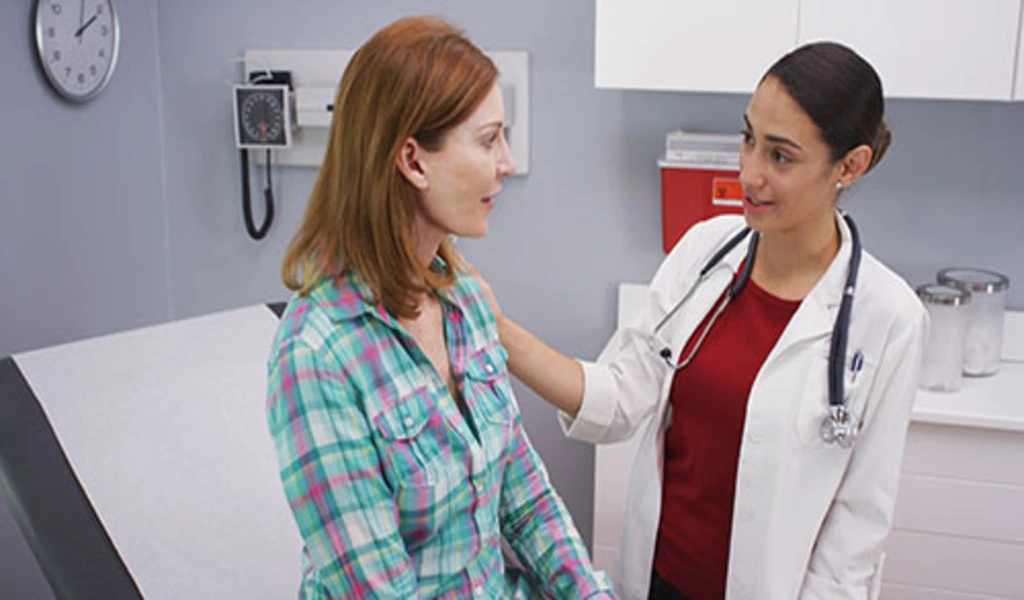Health
PREVENTING CERVICAL CANCER: 4 THINGS TO KNOW

(CTN News) – It was once one of the most common causes of CERVICAL CANCER deaths among American women and people assigned female at birth, but the situation has since improved. Listed below are the top four things you should know about cervical cancer and how to reduce your risk:
1. Cervical cancer deaths are decreasing due to an increase in screenings.
Routine cervical cancer screening should include either the Papanicolaou (Pap) test, also known as a Pap smear, or the human papillomavirus (HPV) test.
These routine screenings are recommended by the American Cancer Society for women between the ages of 21 and 65 who have a cervix.
According to your health history, age, and habits, your obstetrician and gynecologist (OBGYN) will recommend the appropriate screening and how often you should be screened.
2. Before cancer develops, precancerous lesions can be detected.
Detection of the disease at an early stage can make a significant difference in its prevention. When a Pap test reveals precancerous lesions on the cervix, the specialist can provide the necessary treatment to prevent the cells from becoming cancerous.
3. As the leading cause of cervical cancer, HPV is preventable through a vaccine.
HPV virus is a group of over 150 related viruses and is the most common sexually transmitted infection in the world. There are approximately 20 to 40 subtypes of those viruses that can cause cancer, including cervical cancer.
If you are sexually active, you will probably contract HPV at some point in your life unless you are vaccinated. It is therefore recommended that cervical cancer screenings be performed in light of this knowledge.
Cervical cancer is one of the few cancers that can be prevented by vaccination. The CDC estimates that the HPV vaccine can reduce the number of cancer cases caused by HPV by 90% each year.
In addition to protecting against the most common high-risk variants in the United States, the vaccine reduces the risk of head and neck cancers as well.
In order to prevent cervical cancer as an adult, vaccination is recommended for children aged 9-12. It is, however, possible to obtain the HPV vaccine until the age of 45 for teens and young adults.
4. The risk of cervical cancer can be reduced by quitting smoking or never smoking.
Along with screening and vaccination, one of the easiest ways to minimize the risk is to stop smoking or never start. There are at least 70 known cancer causes in cigarettes, not to mention all the other health issues associated with smoking.
It is also imperative to note that cigars, smokeless tobacco, and e-cigarettes contain cancer-causing chemicals.
For information on how to stop smoking, please visit karmanos.org/quit smoking. McLaren facilities also offer smoking cessation programs.
Make an appointment for a cervical cancer screening today.
You should discuss your cervical cancer screening options with your OB/GYN. Here you can find a McLaren specialist who accepts new patients if you are in need of an OBYGN.
Schedule a consultation with Karmanos if you have been diagnosed with cervical cancer or if you require a second opinion. A cancer expert must be consulted before treatment can begin.
SEE ALSO:
Diabetes And CKD Patients: A Layered Approach
Exercise Can Help Us Survive COVID-19 And Other Diseases
Cancer Testing At Home Supported






























